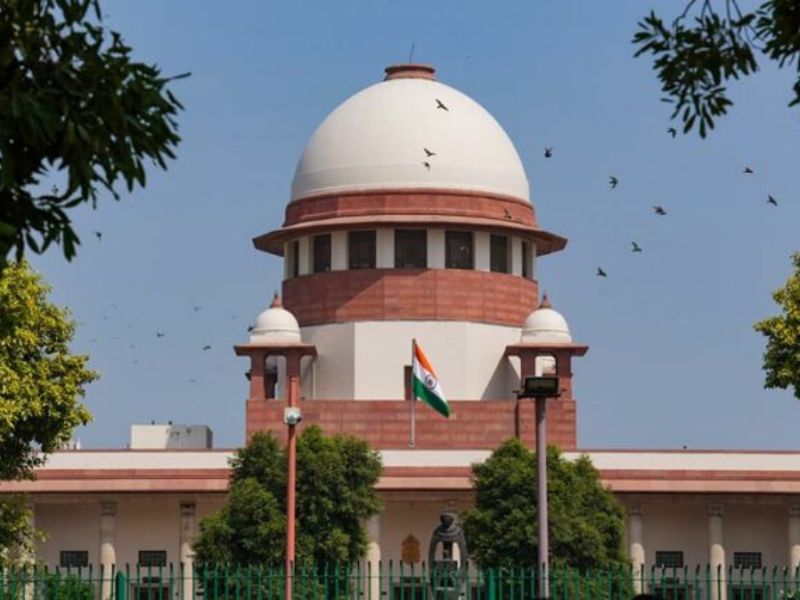India’s Supreme Court Seeks Rajasthan Response on Challenge to Anti-Conversion Law

India’s Supreme Court has issued a notice to the Rajasthan government over a petition challenging the constitutional validity of the state’s new anti-conversion law, which critics say violates fundamental rights and enables “punitive demolitions and collective punishment.”
The notice, issued Nov. 3, came in response to a public interest litigation (PIL) filed by advocate and researcher M. Huzaifa and veteran human rights activist John Dayal. The court directed the state to respond within four weeks.
The Rajasthan Prohibition of Unlawful Conversion of Religion Act, 2025, took effect in September. It seeks to regulate religious conversions and penalize what the state describes as “unlawful conversions.” Petitioners argue that the law infringes on constitutional protections, including the right to equality, life, liberty, and property.
A bench of Justices Vikram Nath and Sandeep Mehta agreed to hear two petitions challenging several provisions of the law. A similar case filed earlier by another individual is already before the court.
The petition contests Sections 5(6), 10(3), 12, and 13 of the Act, which allow executive authorities to confiscate or demolish properties allegedly linked to “unlawful conversions” even before a court ruling. Petitioners said those provisions amount to collective punishment and bypass judicial oversight.
“Empowering administrative officers to carry out demolitions and forfeitures without court approval undermines the rule of law,” the petition stated, arguing that such powers belong to the judiciary.
Senior counsel for the petitioners called Rajasthan’s law “the most egregious” among similar measures enacted in several Indian states. He said penalties under the law were “mind-boggling,” citing fines of up to the equivalent of nearly $24,000 for “mass conversion,” defined as converting more than two people. The punishment can range from 20 years to life in prison.
The petition also claims the Act attempts to give legal backing to actions that the Supreme Court previously ruled unconstitutional. In a 2024 judgment, the court prohibited government authorities from carrying out extrajudicial demolitions, calling them arbitrary and illegal.
Critics warn that such laws could disproportionately affect marginalized and minority communities by threatening their homes, livelihoods, and due process rights.
The Supreme Court has been hearing multiple challenges to anti-conversion laws enacted by other states, including Uttar Pradesh, Madhya Pradesh, Himachal Pradesh, Uttarakhand, Chhattisgarh, Gujarat, Haryana, Jharkhand, and Karnataka. In September, the court asked those states to submit responses before deciding whether to stay enforcement of the laws.
Supporters of the Rajasthan law say it is intended to prevent coercion and fraud in religious conversions. Opponents counter that it criminalizes personal choice and gives sweeping powers to the executive branch.
The top court’s notice marks the first step in what could become a significant constitutional test of the growing number of anti-conversion laws across India.
To read more news stories, visit the ICC Newsroom. For interviews, please email [email protected]. To support ICC’s work around the world, please give to our Where Most Needed Fund.
